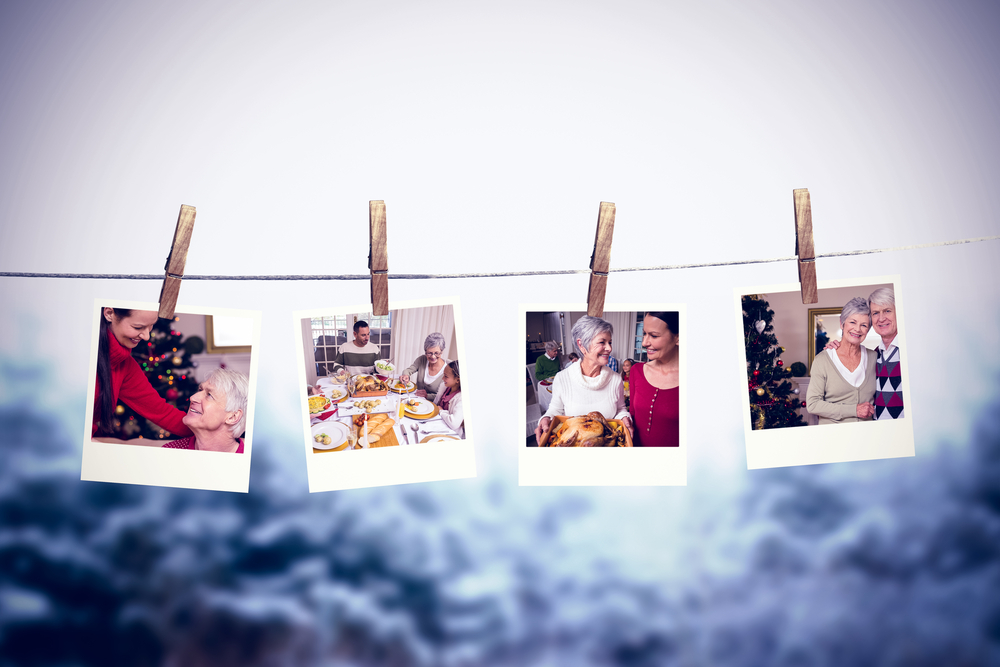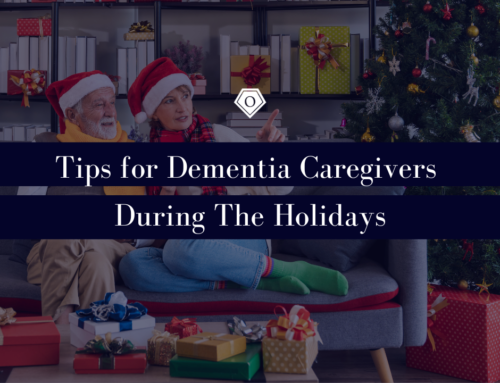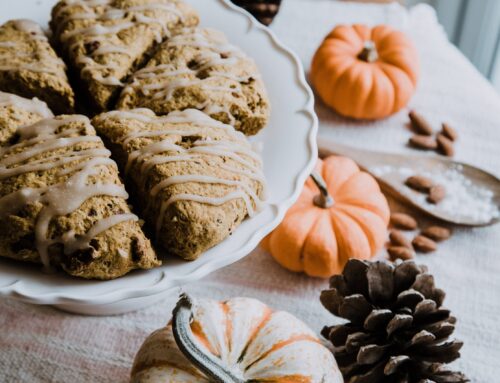The holidays are a great opportunity to spend extra time with senior loved ones and get a clear picture of their needs.
The most precious gift we can give our elderly loved ones is our time. Spending extra time with seniors opens the door for honest conversations about health and daily needs. Even when seniors have difficulty being honest, family members can use the checklists below to determine whether or not it’s time for home health care. By simply spending more time in your loved one’s home and observing them in everyday life, you have a better chance of catching early signs of dementia or noticing changes that are signs of significant health or physical challenges.
Ten Ways To Help Seniors During The Holiday Season
- Do a home safety evaluation (see checklist below)
- Have an honest conversation about needs
- Get a realistic picture of their health
- Check for signs of dementia, Alzheimer’s
- Keep an eye out for signs that it’s time for additional support
- Include seniors in family activities
- Revive old family traditions
- Look at old photo albums
- Get regular family activities on the calendar
- Offer support through feelings of loss
Signs A Senior Needs Home Health Care
Are you noticing that your senior loved one isn’t keeping up with their personal needs or home? These are signs that additional support is needed, and other unseen needs are likely growing. Use the checklist below to determine if it’s time to discuss home health care.
- Spoiled Food That Doesn’t Get Thrown Away
- Missing Important Appointments
- Difficulty Getting Up From A Seated Position
- Unexplained Bruising
- Unpleasant Body Odor
- Infrequent Showering Or Bathing
- A Strong Smell Of Urine In The House
- Noticeable Decline In Grooming Habits And Personal Care
- Poor Diet Or Weight Loss
- Noticeable Decline In Tidiness Of Home
Ten Early Signs of Alzheimer’s
Are you wondering if your loved one has dementia or Alzheimer’s? The checklist below identifies ten early signs of dementia. Early medical and practical support is critical for the patient, spouse, and caregiver.
- Memory loss that disrupts daily life
- Challenges in planning or problem-solving
- Difficulty completing familiar tasks
- Confusion with time or place
- Trouble understanding visual images and spatial relationships
- New problems with words in speaking or writing
- Misplacing things and losing the ability to retrace steps
- Decreased or poor judgment
- Withdrawal from work or social activities
- Changes in mood or personality
Home Safety Checklist
Use the full home safety checklist below to reduce fall risk, and injury for your elderly loved one.
Seniors are at risk for falls due to declines in physical health, impaired vision, medication side effects, chronic diseases, surgical procedures, environmental hazards, and even behavioral hazards. Falls are the leading cause of death, injury, and hospital admissions among the elderly. The CDC reports that one out of every four Americans aged 65 and older fall each year. Of the 36 million falls that happen annually in this age group, more than 8 million results in a broken hip or head trauma.
Falls rarely occur for one reason and are often the result of a few of the above causes. Combined fall factors and increase the chances of life-threatening injuries. Fear of falling can keep the elderly from maintaining proper hygiene, keep them from venturing out, and ultimately impact their quality of life.
Bathroom
- Is the path from the bedroom to the bathroom well lit?
- Are there grab bars near the toilet, shower, and bathtub?
- Is there a seat in the shower?
- Do bathmats have a slip-resistant backing?
- Do you remove soap buildup in the shower/bathtub to avoid slipping?
- Can you reach soap in the shower without bending down or turning around?
- Do you have a raised toilet seat if you have difficulty standing up and sitting down?
- Are spills cleaned up immediately?
Bedroom
- Is there a table close to the bed with a lamp, room to store eyeglasses and a phone?
- Are cords pushed back against the wall?
- Is there clutter on the floor?
- Do you have a motion sensor nightlight?
Kitchen
- Are throw rugs and floor mats secure?
- Can you get to regularly used items without bending down or reaching up too far?
- Are spills cleaned up immediately?
- Is food prepared at the kitchen table?
Living Areas
- Are floor coverings secure and sturdy?
- Can you answer the phone without getting up?
- Are cords pushed back against the wall?
- Can you turn on a light without walking into a dark room?
- Do you have a step stool with side rails, sturdy and in good condition?
- Do you have a cordless or cellular phone or an emergency alarm device?
- Is your floor free of clutter?
- Is it easy to walk around furniture?
- Can you pull cords to lights or ceiling fans without reaching up?
- Are there handrails on both sides of the stairways?
- Are the steps on your stairways even and safe?
- Are there lights at the top and bottom of the stairs?
Porch/Yard/Outside
- Is the path from the house to the garage well lit?
- Are there cracks or buckles on the sidewalks or driveway?
- Are there hoses, weeds, or other obstacles on the walkway?
- Are there icy steps or walkways?
Use the checklists and tips above to reignite your bond with senior loved ones and get them the additional support they need to thrive.






